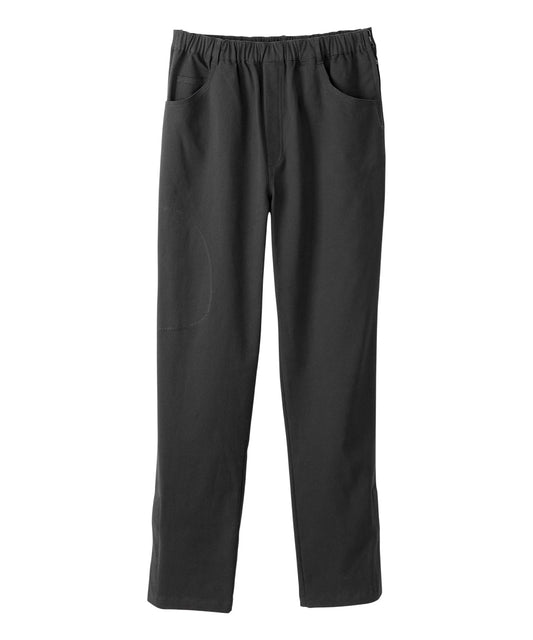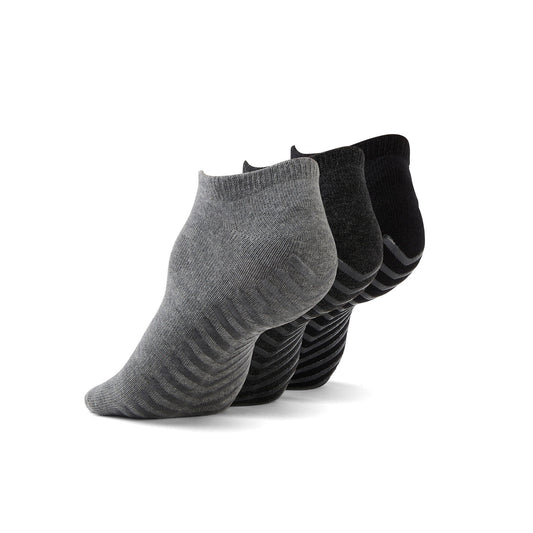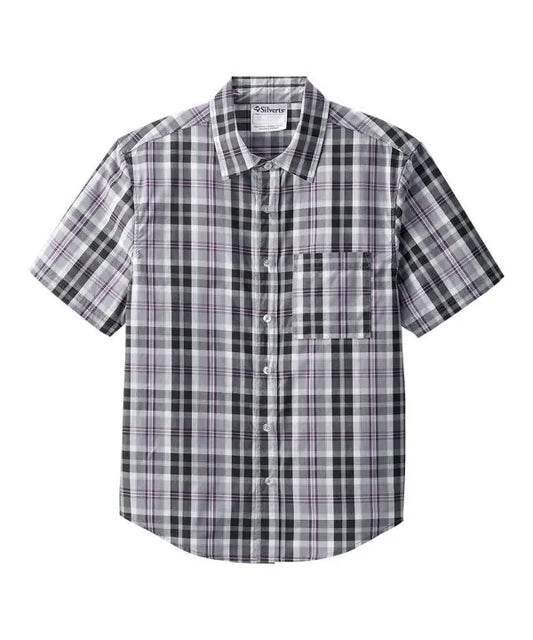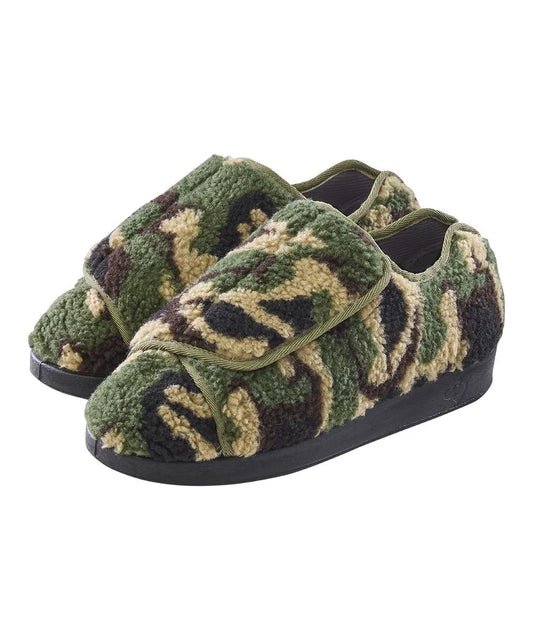Alzheimer's disease is a relentless journey for both patients and their caregivers. It is a progressive neurodegenerative disorder that affects memory, thinking, and behavior, making everyday tasks increasingly challenging. As the disease advances, one of the significant difficulties patients face is dressing themselves independently. This is where adaptive clothing comes to the rescue, providing practical and stylish solutions to enhance the quality of life for Alzheimer's patients and ease the burden on their caregivers.
In this blog post, we'll explore the concept of adaptive clothing and highlight some remarkable products from June Adaptive that can make dressing and undressing a more comfortable and dignified experience for Alzheimer's patients.
Understanding Adaptive Clothing
Adaptive clothing is designed with special features and closures that cater to the specific needs of individuals with limited mobility or cognitive impairments. These garments prioritize ease of use, comfort, and functionality without compromising on style. For Alzheimer's patients, adaptive clothing offers a path to maintain their independence and self-esteem while reducing frustration and stress during daily dressing routines.
June Adaptive: A Beacon of Comfort and Style
June Adaptive is a brand dedicated to providing adaptive clothing solutions that empower individuals with Alzheimer's and other health challenges. They offer a wide range of adaptive clothing items, each carefully designed to enhance the daily lives of both patients and caregivers. Let's take a closer look at some of their products:
Walking comfortably is essential for everyone, and Alzheimer's patients are no exception. The Men's Extra Wide Comfort Adjustable Shoes with Easy Closures found at June Adaptive are a perfect choice for those with swollen feet or difficulty bending down to tie shoelaces. With adjustable closures, these shoes can be easily slipped on and secured, ensuring safety and convenience during every step of the journey.
Dressing can become a challenging task, especially when it involves intricate undergarments. The Wrap Bra with Magnetic and Velcro Closures from June Adaptive is a game-changer for Alzheimer's patients. Its easy-to-use closures make it a breeze to put on and take off. The magnetic and Velcro closures eliminate the need for complicated hooks and clasps, providing comfort and dignity.
The Men's Open Front Underwear from June Adaptive offers both comfort and functionality. With a convenient open-front design, it simplifies bathroom trips and reduces the need for constant assistance. These underwear items provide a sense of independence and autonomy, which can significantly impact an Alzheimer's patient's self-esteem.
Comfortable sleepwear is essential for a good night's rest. The Women's Knit Nightgown with Back Overlap from June Adaptive combines style and functionality. The back overlap design makes dressing and undressing easier, while the soft fabric ensures a restful night's sleep. It's a perfect choice for Alzheimer's patients who need nighttime comfort without compromising on dignity.
The Men's Knit Pajama Set from June Adaptive is another excellent addition to an Alzheimer's patient's wardrobe. The back overlap top and pull-on pants simplify the process of getting dressed and undressed, allowing patients to maintain their nighttime routine with ease and confidence.
Conclusion
Alzheimer's patients face numerous challenges on their journey, and dressing should not be one of them. Adaptive clothing from June Adaptive offers practical, stylish, and dignified solutions for individuals with Alzheimer's disease. These thoughtfully designed garments empower patients to maintain their independence, reduce the burden on caregivers, and enhance their overall quality of life.
If you're caring for a loved one with Alzheimer's or know someone who is, consider exploring the range of adaptive clothing options from June Adaptive. By making small changes in their wardrobe, you can make a big difference in their daily journey. Alzheimer's may be a challenging road, but with adaptive clothing, it can be a little smoother and more comfortable for both patients and caregivers alike.




















